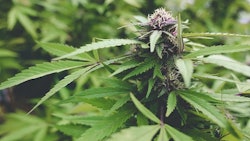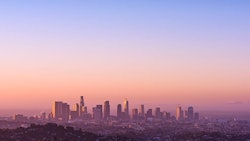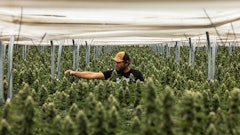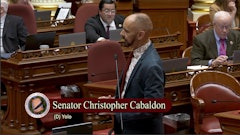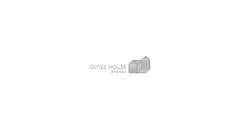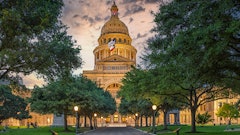
Cannabis retail applicants are suing Los Angeles, arguing that the city’s controversial process to award its latest round of dispensary licenses was “flawed,” according to a Los Angeles Times report.
The Social Equity Owners and Workers Association and one of its members filed the lawsuit to force the city to vet all the dispensary applications it received last fall under its first-come, first-served process, which has been met with backlash. Alternatively, the lawsuit asks the city to launch a new licensing process that gives all applicants an equal shot at licenses, the Los Angeles Times reported.
The Department of Cannabis Regulation (DCR) launched its latest round of licensing in September to issue 100 additional cannabis retail licenses to social equity applicants. Some stakeholders alleged that some applicants gained early access to the online application system while others were locked out due to slow internet speeds.
While DCR Director Cat Packer indicated that two applicants did access the system early due to a staff error that occurred while resetting their passwords, she said those applications were pushed back in line to where they would have been otherwise.
Regardless, Los Angeles City Council President Herb Wesson called for the suspension of the licensing process in October, and Packer announced in November that the DCR would not issue the final retail licenses until the city completed a third-party audit of the licensing process.
The audit has since determined that that city took “reasonable and appropriate” steps to ensure fairness, and the DCR has put together recommendations to amend its licensing process.
Nevertheless, the audit revealed that the DCR told some applicants that they could not access the online system at all before 10 a.m., which was inaccurate and would have put some applicants at a disadvantage if they waited to log on, the Los Angeles Times reported. The audit also showed that 226 applicants did indeed access the online system before 10 a.m., and although only 14 started their applications before that time, the lawsuit argues that those 226 applicants had a “significant advantage” over those who did not log on until 10 a.m.






